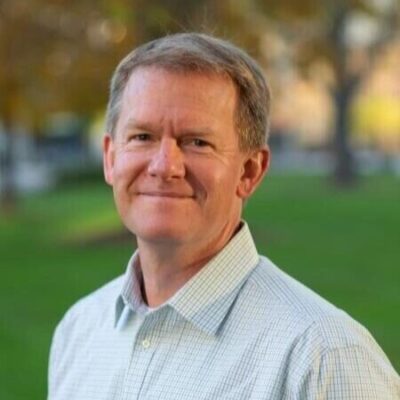Listeners:
Top listeners:
-
 play_arrow
play_arrow
118 | Kenyan Herders Say Judgement Against Them Based on Forged Signatures / Continuation of Episode 117
-
 play_arrow
play_arrow
117 | Surviving Survival Internatinal, Part 1: Kenyan Elders Call Foul on International Media, NGOs
-
 play_arrow
play_arrow
116 | From Ticking Time Bomb to Demographic Dividend: James Mwangi and Kenya's Great Carbon Valley
-
 play_arrow
play_arrow
115 | Unpacking Donald Trump's Very Weird Environmental Orders
-
 play_arrow
play_arrow
114 | Michael Greene: Carbon Cowboy or Lone Ranger? Part 1
-
 play_arrow
play_arrow
113 | The Future of Environmental Finance: Strategies for Biodiversity and Climate Solutions, with David Hill and George Kelly
-
 play_arrow
play_arrow
112 | Fantasy Football and Dynamic Baselines: New Tools for Impact Assessment
-
 play_arrow
play_arrow
111 | The False Dichotomy Between Reductions and Removals (Rerun)
-
 play_arrow
play_arrow
110| Ecological Economics, Systems Thinking, and the Limits to Growth
-
 play_arrow
play_arrow
109 | How Brazil's Quilombola Communities are Planting the Seeds of Sustainability for Small Farms Around the World, with Vasco van Roosmalen of ReSeed
Transcript
Today’s guest, Daniel Palken, volunteers with a group called the Citizens Climate Lobby, or “CCL”, which aims to slash US greenhouse-gas emissions by imposing a fee on fossil fuels.
The fee will be based on the amount of greenhouse gas that the coal, gasoline, and jet fuels will generate when we burn them, and it will probably make fossil-fuel energy more expensive.
But there’s a catch — or, the opposite of a catch… a bonus — a dividend, if you will, because that’s what CCL calls it.
Under the proposed “Energy Innovation and Carbon Dividend Act,” all money raised by the carbon fee will go back to US citizens in the form of a dividend.
We each pay into the system based on how much energy we use — whether in the form of an extra few cents at the pump or slightly higher groceries — but every single citizen gets the same dividend back.
A fee-and-dividend system is different from the cap-and-trade programs that I usually focus on, for lots of reasons we get into.
Daniel says that a fee-and-dividend scenario has bilateral support, especially among younger Republicans, and he has the data to back that up.
Episodes
117 | Surviving Survival Internatinal, Part 1: Kenyan Elders Call Foul on International Media, NGOs
April 13, 2025
116 | From Ticking Time Bomb to Demographic Dividend: James Mwangi and Kenya’s Great Carbon Valley
February 25, 2025
115 | Unpacking Donald Trump’s Very Weird Environmental Orders
January 27, 2025
114 | Michael Greene: Carbon Cowboy or Lone Ranger? Part 1
December 6, 2024







